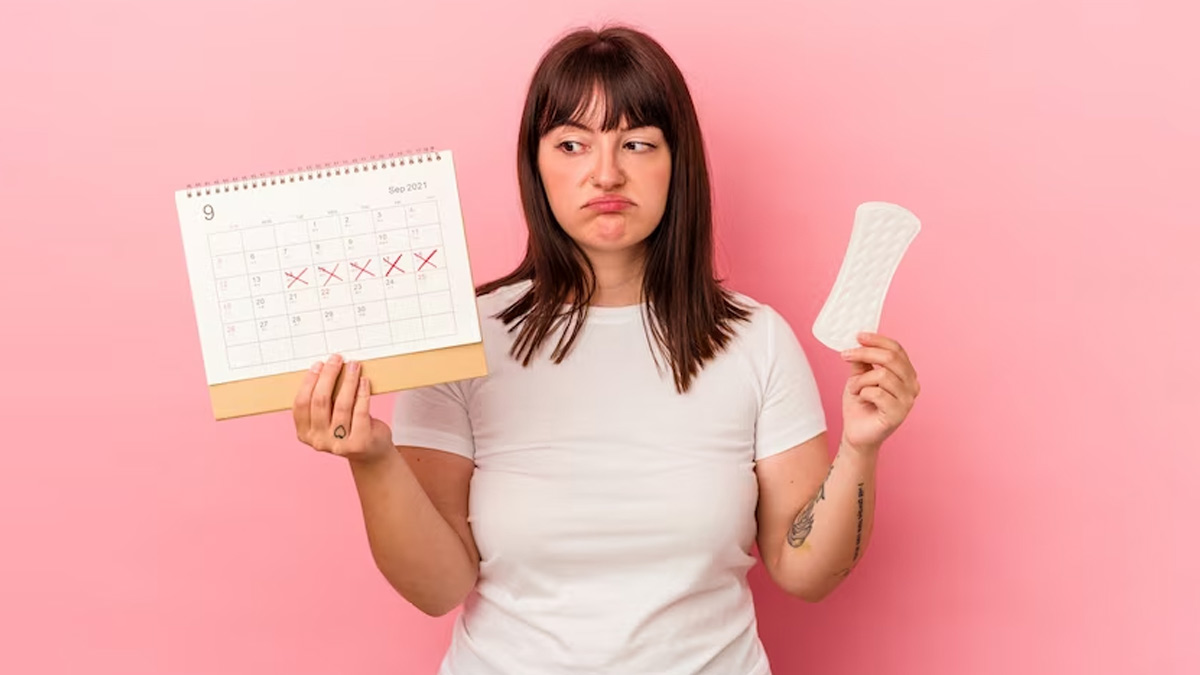
Cravings tend to strike during the periods, and many query whether consuming spicy food at that time is advisable or not. Some think that spice might aggravate the cramps or create discomfort for the stomach, while others relish the kick as part of their comfort food. In order to dispel the myth, we contacted Dietician Rakshita Mehra, who presented her expert insights on what happens when spicy food is consumed by the body, especially in the context of gut and menstrual health.
Table of Content:-
What the Expert Says About Spicy Foods and Periods![]()
Rakshita Mehra, Clinical Dietitian and Nutritionist, Delhi, explains that spicy foods are not inherently bad. “Spicy foods are fine as long as they are eaten in moderation. It’s also important to choose the right type and amount of spiciness, not too much or too often.” She points out that too much spice can cause gut imbalance, which might make period symptoms worse for some people.
If spicy food is aggravating your period cramps, stomach ache, or bowel problems, better avoid it during your cycle." Dr. Mehra also recommends natural substitutes that provide flavour without harsh impacts, "Adding ingredients such as ginger, green chilli, turmeric, and spices can provide good flavour and are kinder on your tummy." Notably, she adds that each person has a different reaction, "It's really individualised. Some can have very hot food in their periods, and others may not be able to. For some people, it might cause discomfort. It's a body-to-body, personal choice."
How Spicy Foods Can Impact Your Period and Digestion![]()
Spicy foods have capsaicin, which can increase body temperature and influence the circulation of blood. Though some think this can impact menstrual flow, there is no concrete scientific evidence that spicy food makes your period heavier or earlier.
But spicy food can:
- Make your stomach irritate or feel burning
- Cause bloating or gas
- Result in diarrhoea or indigestion
- Potentially increase cramps if digestion is disrupted
If you tend to have stomach sensitivity or digestive discomfort during your period, spicy foods can contribute to your distress.
ALSO READ: Is Eating A Boiled Potato Healthy For Weight Loss? Dietician Weighs In
Alternatives to Comfort Your Stomach and Provide Flavour![]()
If you desire the flavour without the discomfort, consider these alternatives:
- Ginger: Famous for calming digestion and lessening nausea
- Turmeric: Anti-inflammatory and can help alleviate cramps
- Mild green chillies: Employed in small quantities, they provide flavour without heavy spice
- Herbs such as coriander and mint: Assisting digestion and minimising bloating
These choices can make it possible for you to dine without upsetting your stomach or adding to period pain.
Listen to Your Body While You're in Your Cycle![]()
Everyone's body is unique. Some individuals can handle spicy food during their period just fine. Others find it makes symptoms worse. The best strategy is:
- Pay attention to the way your body responds
- Stay away from spicy food if you get a reaction
- Have kind, balanced foods that help your digestion
- Drink water and stay hydrated
ALSO READ: Chocolate and Chicken Broast? Why the Internet Can’t Handle This Food Mashup: Know From A Dietician
Final Thoughts
Spicy food is not something you have to avoid entirely during your menstrual cycles. It all boils down to moderation and individual tolerance. If you find that spicy food exacerbates your symptoms, it's best to reduce or go for milder versions. But if spice does not affect your body negatively without added pain or digestive problems, there is no need to eliminate it altogether. Your diet during menstruation should be according to your comfort level and health.
Also watch this video
How we keep this article up to date:
We work with experts and keep a close eye on the latest in health and wellness. Whenever there is a new research or helpful information, we update our articles with accurate and useful advice.
Current Version
Aug 17, 2025 20:37 IST
Published By : Vani Malik




